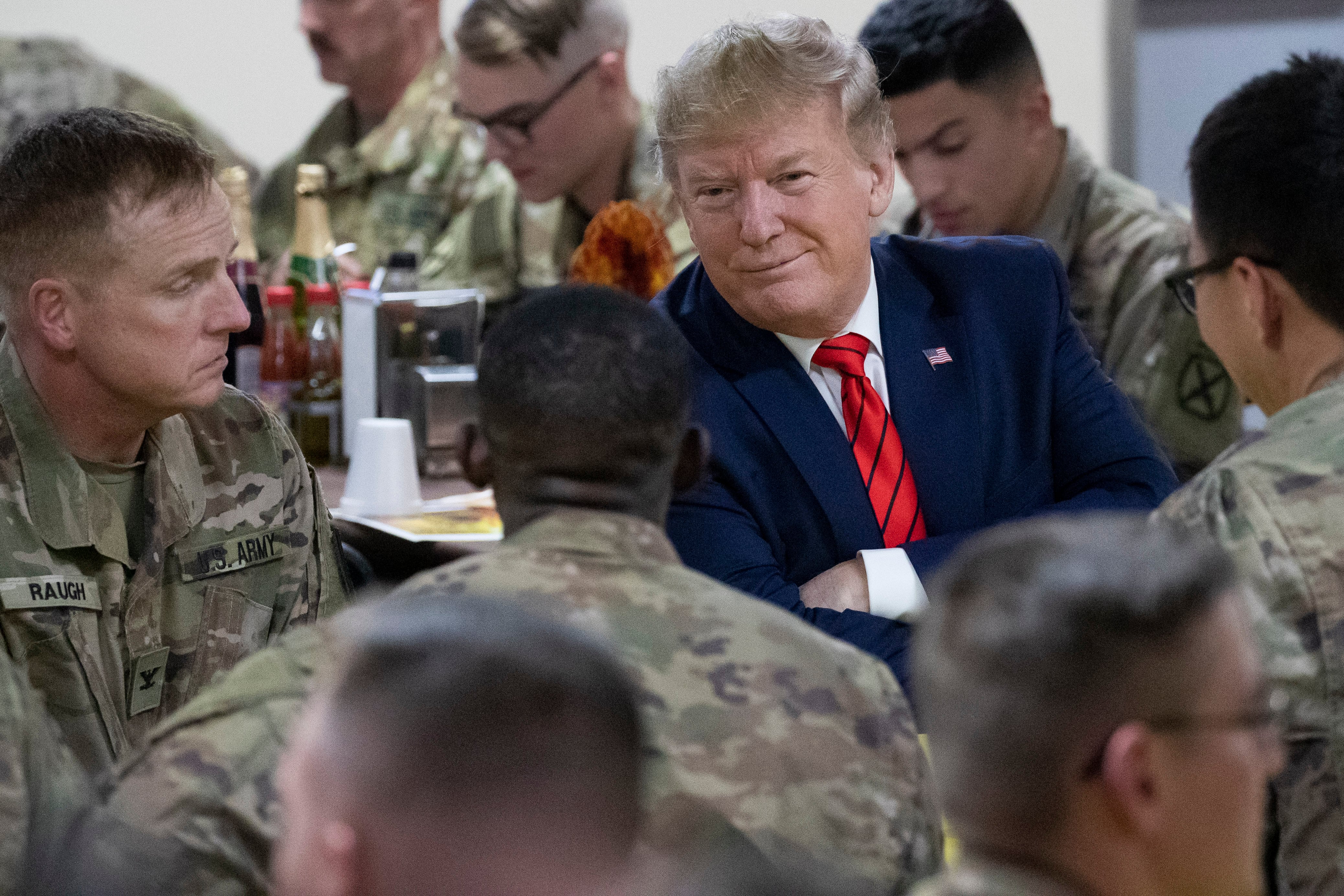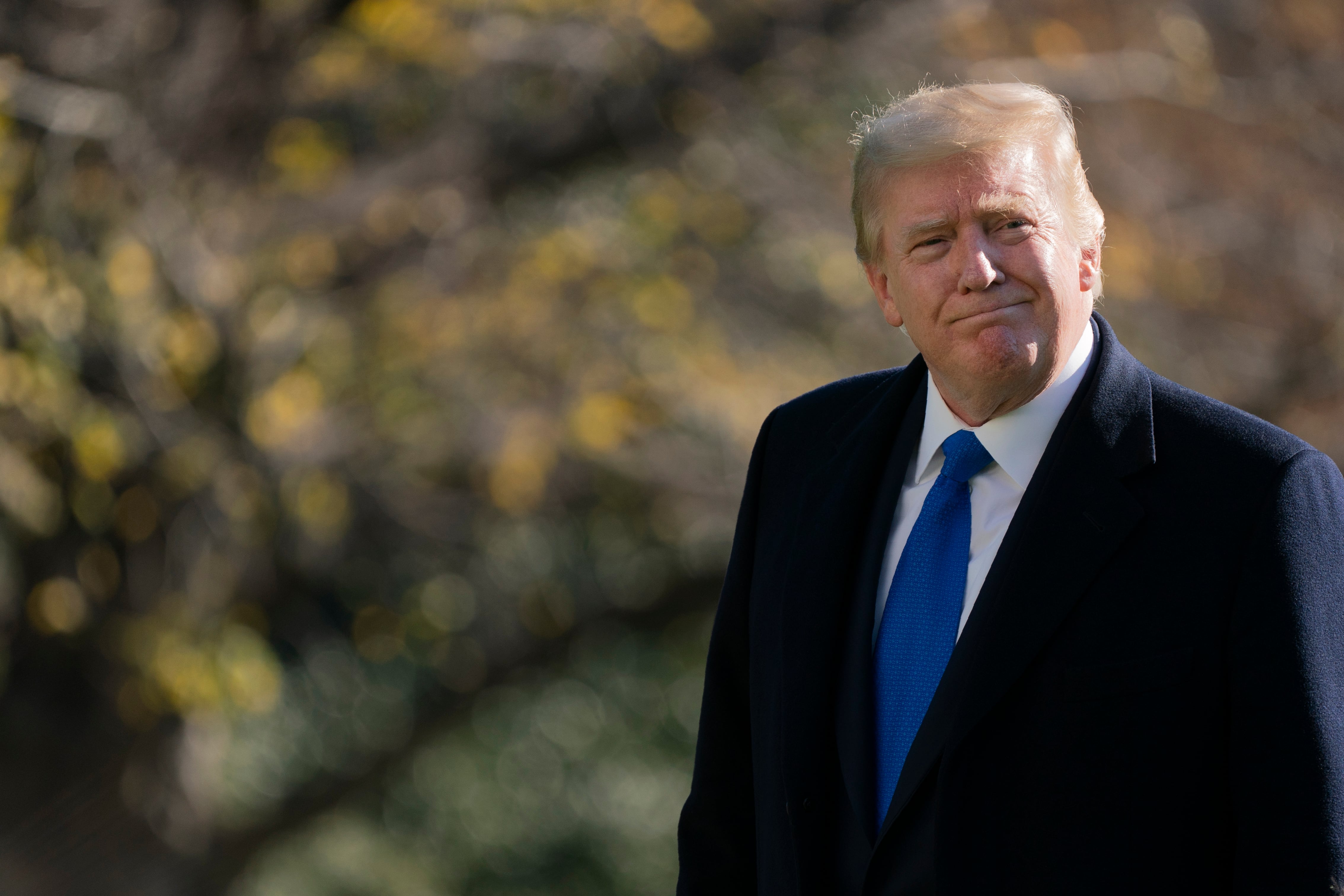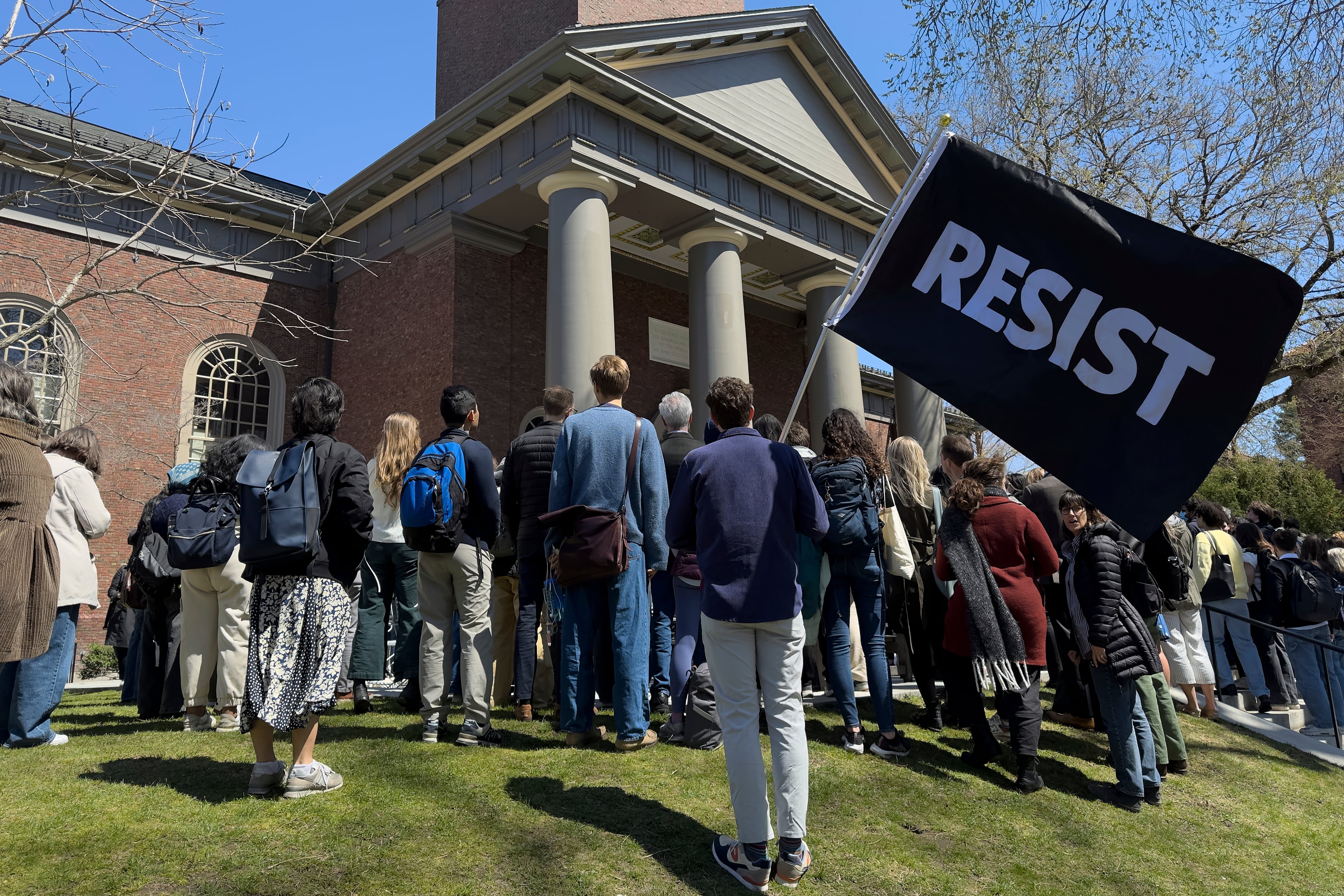Service members will see a 3 percent pay raise in January, whether or not President Donald Trump vetoes the annual defense authorization bill.
But a host of other specialty pays and bonuses would be delayed if the legislation isn’t signed into law this year, potentially harming troops’ wallets.
The issue of military compensation has become a talking point on Capitol Hill in recent days following Trump’s latest veto threat of the sweeping defense budget policy bill, this time over lawmakers’ decision not to add in a repeal of social media company’s legal protections.
RELATED

On Thursday, Trump tweeted out that the issue “must be put in Defense Bill!!!” even after key Republican and Democratic lawmakers said they plan to move ahead with the legislation without that provision.
Earlier this year, Trump threatened to veto the authorization measure — which has passed in Congress for nearly 60 consecutive years — because of provisions requiring the renaming of multiple Army bases which honor Confederate military leaders.
Democrats in Congress have responded by accusing Trump of endangering the annual military pay raise with his demands. On Wednesday, Senate Minority Leader Chuck Schumer took to the chamber floor to criticize Trump for “threatening to veto a pay raise for our troops” with his rhetoric.
The authorization measure does include plans for a 3 percent boost for all troops, set to go into effect the first pay period in 2021.
But this year, that language is largely redundant, according to Todd Harrison, director of Defense Budget Analysis at the Center for Strategic and International Studies.
Under federal statute, military pay raises are automatic unless the president or Congress opts to deviate from the expected rise in military salaries, based on a formula which centers on the Employment Cost Index, an estimate of private-sector wage growth.
In some years, lawmakers have decided to raise or lower that mark, which requires congressional action. This year, however, since a different figure has not been proposed, the pay raise can go into effect without any intervention from Capitol Hill.
At least 30 other military specialty pays, however, will not automatically renew without the authorization bill language. They include some hazardous duty pays for overseas deployments and other dangerous job assignments, recruiting and retention bonuses, and adjustments to housing allowances.
If Congress finalizes the measure and can’t override a veto, those payouts would stop. Harrison noted that lawmakers may later pass legislation to retroactively pay troops that money, but the gap could cause short-term financial problems for some families.
RELATED

Lawmakers are hopeful that they won’t have to do that, because Trump won’t follow through and block the authorization bill.
“The (bill) is about making sure our troops are cared for,” said Senate Armed Services Committee Chairman Jim Inhofe, R-Okla., on the Senate floor Wednesday afternoon.
“If we don’t have this defense authorization bill passed by Dec. 31, our pilots are not going to get flight pay. The kids are not going to get hazard pay. The whole thing will fall apart … It’s got to be done.”
The authorization bill also includes provisions to extend presumptive disability status to about 34,000 Vietnam veterans suffering from illnesses linked to Agent Orange exposure during that war and a series of new military housing reforms designed to give tenants better response to their complaints. A veto would also cancel out those items.
Leo covers Congress, Veterans Affairs and the White House for Military Times. He has covered Washington, D.C. since 2004, focusing on military personnel and veterans policies. His work has earned numerous honors, including a 2009 Polk award, a 2010 National Headliner Award, the IAVA Leadership in Journalism award and the VFW News Media award.




